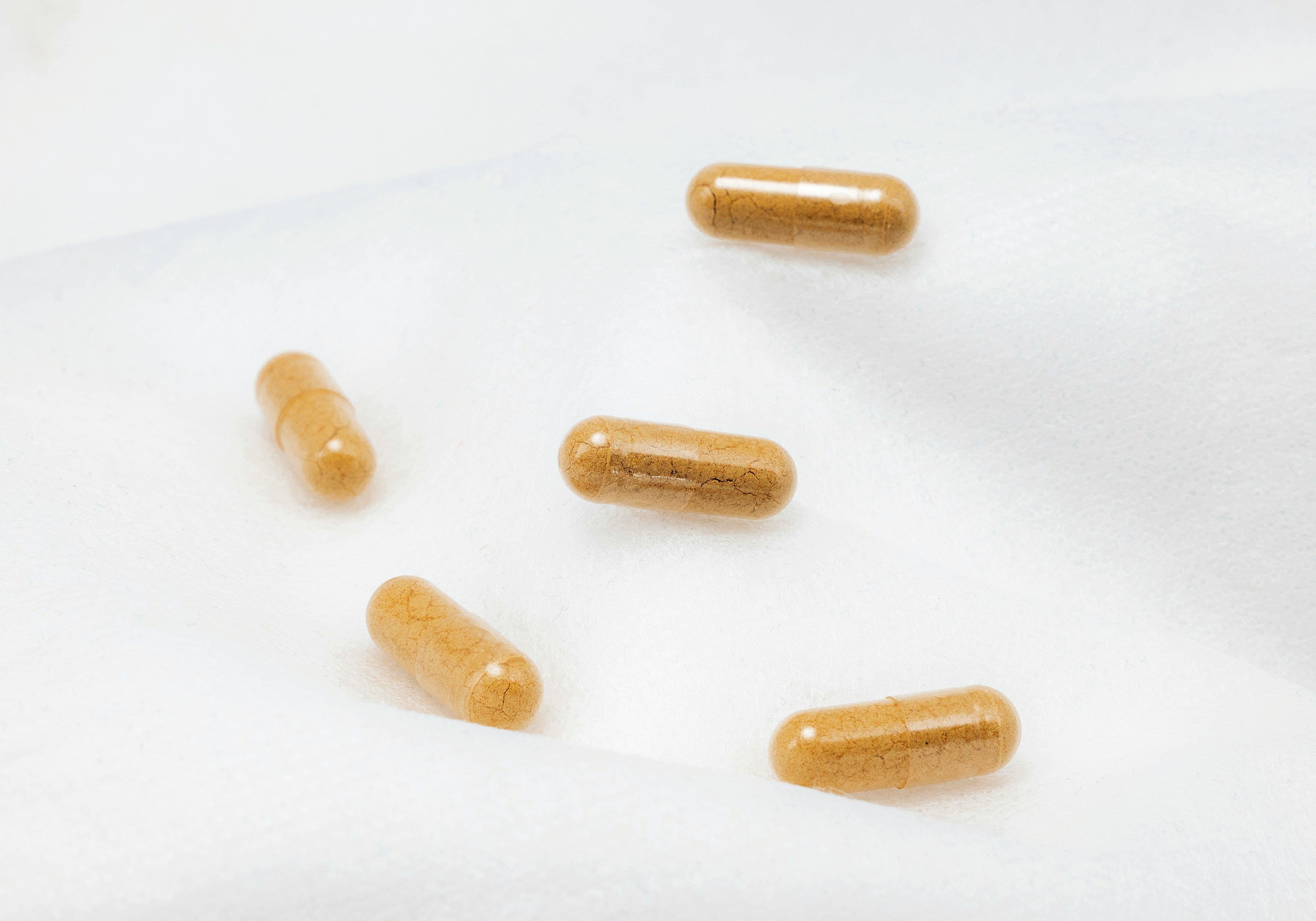
Featured post
Step Into Your Supplement Era: 5 Tips on How to Get Started with Your Supplement Routine
When it comes to taking supplements, consistency is key for maximizing benefits. But for many of us, it can be challenging to build and maintain a steady routine. The result?...

